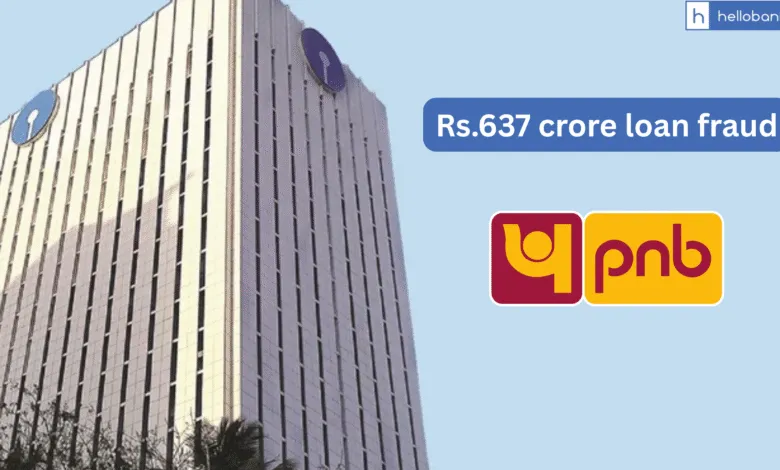Rs.637 crore loan fraud in PNB, SBI and Other Banks

A big loan fraud of Rs.637 crore has been reported in various banks in India – Punjab National Bank (PNB), State Bank of India (SBI) and other banks.
A company Arvind Remedies Ltd had taken loan of Rs.704.75 from consortium of banks including PNB, United Bank of India, State Bank of India (SBI), IDBI Bank, Allahabad Bank, Karur Vysya Bank, Indian Overseas Bank and Corporation Bank. PNB was the lead bank in the consortium. All the loan accounts had been declared as NPA. Rs. 637.58 crore was outstanding as per the books of the banks as on 30.09.2016.
PNB filed FIR with CBI against Arvind Remedies Ltd and its promoter Arvind B Shah along with others for cheating a consortium of banks to the extent of Rs. 637 crore. The case was transferred from CBI to ED.
Directorate of Enforcement (ED), Chennai Zonal Office conducted search operations on 02-09-2025 at various locations linked to M/s Arvind Remedies Ltd under the Prevention of Money Laundering Act (PMLA), 2002. The search operations covered premises of promoters, dummy directors and key persons at Chennai, Kancheepuram, Goa, Kolkata and Mumbai. The operations continued till 03-09-2025.
ED investigation revealed that the bank funds were siphoned off through shell entities controlled by the promoters. Many dummy directors were appointed by promoter Arvind B Shah through brokers to manage these shell companies. The bank funds were rotated among the shell companies to show higher turnover to banks and induce them to lend more funds. The rotation of funds was also used to artificially increase the share price and maximise the profits. A portion of the funds was diverted to acquire assets. The assets provided as security to the banks were disposed of without their knowledge, depriving them of the means to recover loans.
During the search operations, dummy directors admitted that they were unaware of the company’s affairs and were paid monthly salaries in cash by brokers. They signed cheques of shell companies for small commissions without knowing the purpose. The searches resulted in the identification of assets, including immovable properties and shares, held by promoters in the names of family members and distant relatives to prevent recovery by banks. Around 15 lakh shares of various listed and unlisted companies held by promoters have been frozen. The valuation of these assets is in progress. Several incriminating digital and documentary evidences were also seized.
Further investigation is underway and more details will be released soon.
